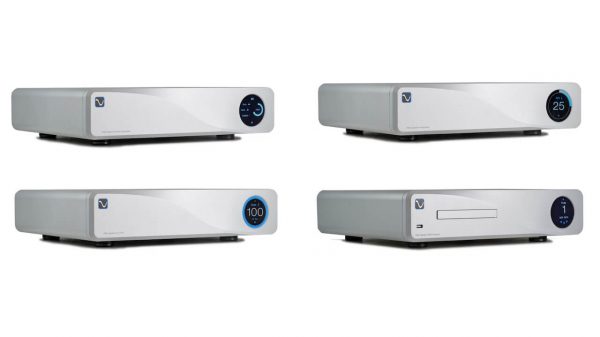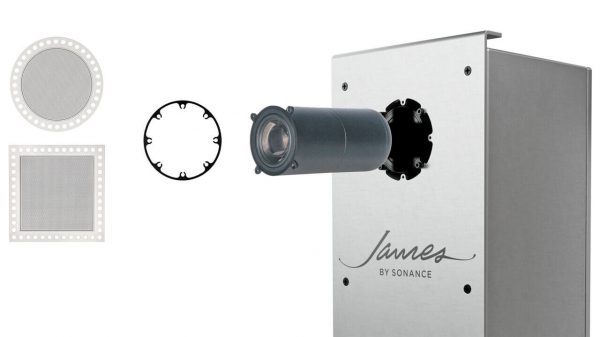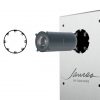More often than not when our computer starts slowing down and retrieving the smallest file seems to take more time than mowing the back yard we figure its time to start shopping for a new hard drive. Because most of us don’t really understand what causes computer reliability problems we often assume the worst and accept the misguided belief that we must toss the baby out with the bath water and shell out big bucks at the local computer store.
The truth is there is often an easy solution to our computer reliability problem.
When your dryer takes longer and longer to get clothes dry do you run out and buy a new unit or do you first check the lint tray? More often than not we pull that little tray out, see that there’s enough buildup to insulate the attic and quickly remove the culprit that keeps our clothes wet. A simple solution to a problem that, at first thought, struck fear in our hearts and wallets.
Now try taking the same approach when you start to notice a computer reliability problem. Rather than jump to the fatalist’s conclusion that everything inside that metal box is forever ruined try a more practical and proactive approach to solving your slow computer performance problem.
Just like you cleaned your lint tray to solve your dryer problem, try cleaning your hard drive with defrag software to solve your slow computer problem.
It’s natural for your computer to slow down over time due to fragmentation. Simply put your computer stores files in spaces called blocks. These blocks are organized and efficient at first but as we delete files, add to files and create new files those blocks of space can no longer organize your files in a cohesive manner.
Say you have an existing file that you want to edit. When you request that file your computer finds the file in its stored block and delivers your request. Now you add to that file and when you try to save the information it no longer fits in the same space it once occupied and your computer is forced to cut up your file and fit it in available spaces throughout your hard drive. The next time you try to retrieve that file your computer has to search for the pieces of information that make up the file, thus the delay.
So now that your problem is identified do you still toss the computer or do you look for a more reasonable solution. If you opt for reason then look for defragmentation software as a potential solution to your slow computer performance. Defrag, as it is commonly called, essentially cleans and reorganizes your hard disk by creating larger blocks off free space and piecing together your fragmented files.
If you opt to ditch your computer because it retrieves files too slowly then chances are you can set it next to that dryer you’re about to toss because it doesn’t get your clothes dry fast enough.
Now we’ve already used the dryer as an analogy for why you shouldn’t just ditch your computer due to speed, so let’s look at your freezer to explain fragmentation.























